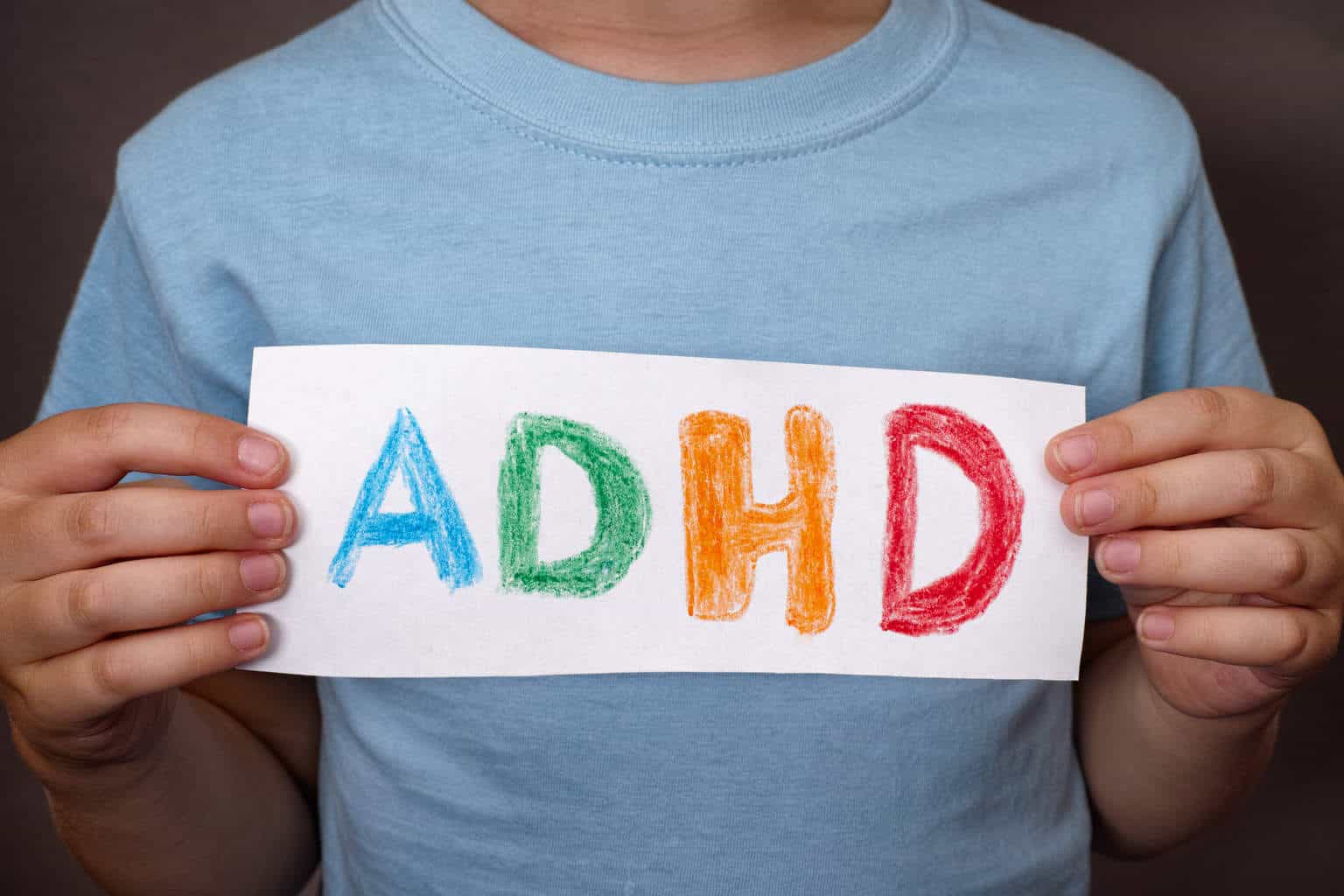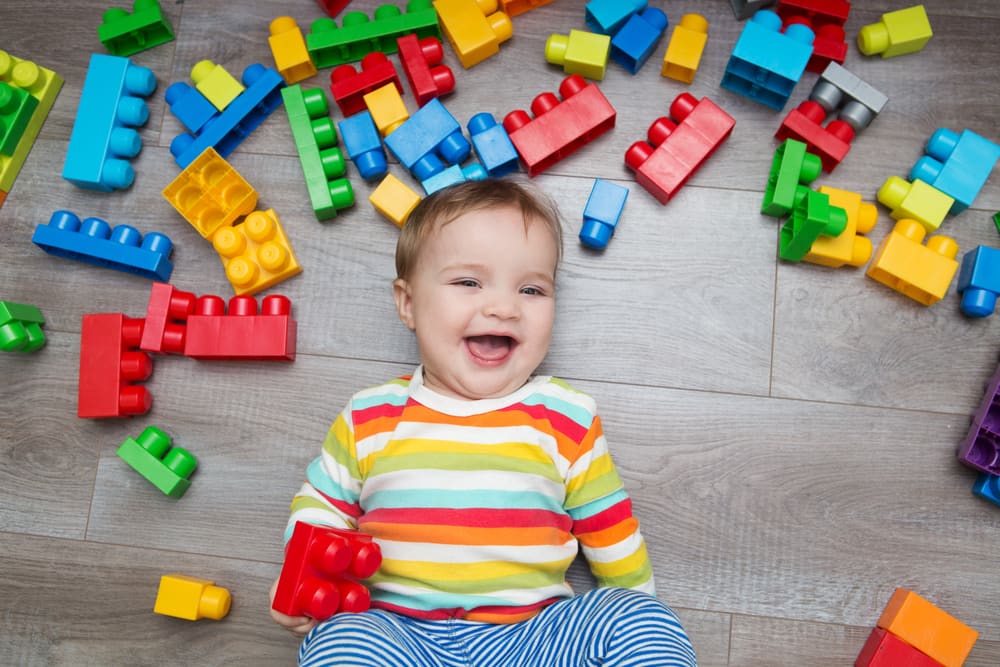Contents:
- Medical Video: Signs, Symptoms, and Treatment of ADHD in Children
- The parents expect when the child shows symptoms of ADHD
- If you often say or think about this, maybe your child has ADHD
Medical Video: Signs, Symptoms, and Treatment of ADHD in Children
Most experts agree that ADHD tends to appear from birth, but the symptoms are often invisible until children enter elementary school. One reason for this delay is the fact that children in almost all preschool ages often exhibit ADHD behavior or symptoms, such as inattention, impulsivity and hyperactivity, as part of their normal development. However, if other children over time will not be like this again, these symptoms will not go away in children with ADHD.
Usually when a child with ADHD reaches the age of 7 years, parents are usually aware that their child has problems in focus, activity, and impulsive behavior. You may have noticed that your child is almost impossible to focus on, even for a short time, even when you accompany him to study. Or you might still feel the treatment of your 8-year-old child is the same as you did when he was 2 years old.
You might notice that he doesn't understand the rules of social interaction, not like his age. For example, he does not understand that he must listen to people when talking to him, or give other people the opportunity to talk while chatting, or appreciate personal space. However, it is difficult for parents to know whether the behavior is only part of the child's growth process ("Many six-year-olds do not like to learn!"), Are they more often in trouble because of your upbringing ("Maybe I'm too strict in giving rules" ), or simply label the child with "He is indeed wayward from the past".
Therefore, in a child who shows the disorder, you should gather information about the behavior of the child in at least one other major place besides the house, including requesting reports of observations from the teacher or staff at the school. By comparing children's behavior in two or more places, pediatricians can begin to distinguish various reasons such as attention problems as "difficult" but normal temperaments, ineffective parenting practices, inappropriate academic placements, and other challenges. He can also explain whether children's behavior prevents it from functioning normally socially.
The parents expect when the child shows symptoms of ADHD
It is sometimes difficult to match the behavior that we observe in our children with formal terms used by pediatricians and other medical professionals. We rarely think our children have "hyperactive-impulsive problems." Instead, we think, "Why can't it ever be quiet?" Even more confusing, the term used by doctors to refer to this behavior has also changed in recent years. The term "ADD" (Attention Deficit Disorder) was once commonly used, and refers to the type of ADHD with symptoms that only children can not sit still to focus on something.
These children are not very active, and their symptoms may not even be known to many adults because their behavior is not disturbing. But recently the term umbrella "ADHD" is usually used to describe all types of ADHD.
If you often say or think about this, maybe your child has ADHD
"He seems like he's always daydreaming. He never answered when I called him or talked to him. I sometimes doubt whether he hears me. "
"He always loses his things. I have bought four new food boxes since school started because he always eliminated them. "
"I asked him to go to his room and get dressed, and ten minutes later I saw him playing with his toys, and only wearing shirts."
"He doesn't remember what he learned because he missed instructions and explanations at school. Even though we re-studied everything at home at night, he forgot the following day. "












